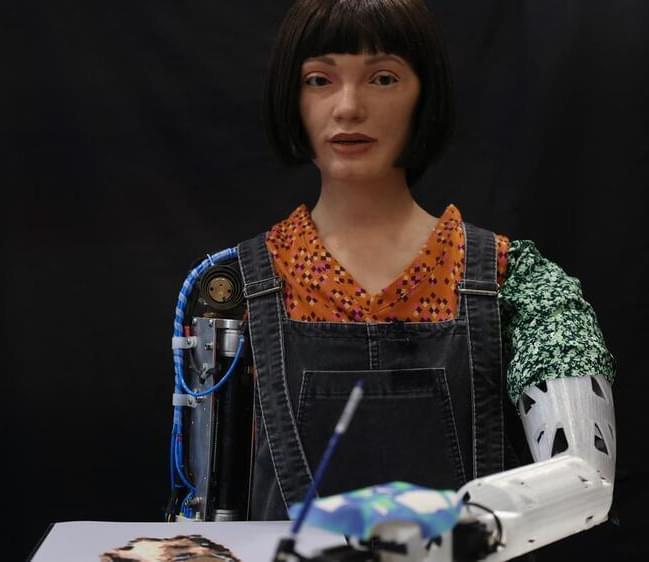A sophisticated new chatbot is indistinguishable from magic. Well, almost.
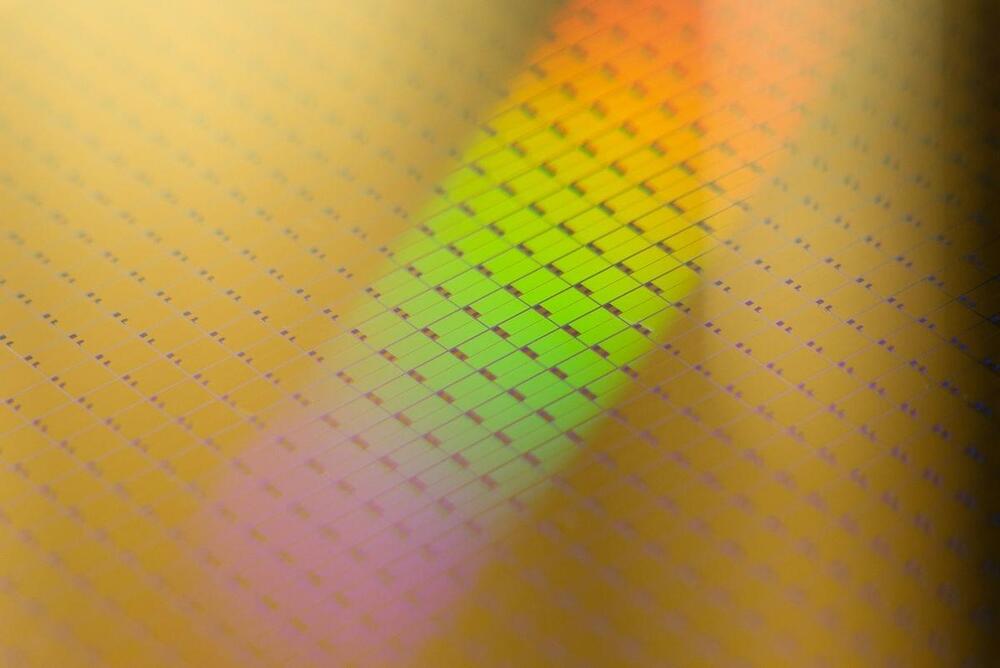

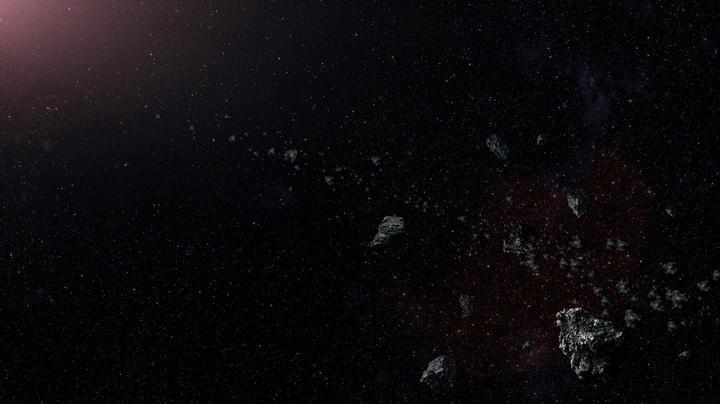
Scientists now believe that a burst of life known as a gamma ray may have helped play a vital role in the origins of life on Earth. Further, the finding may actually provide some clues as to how the ingredients of life formed in space. According to a new study published this month, scientists may have actually proven how those ingredients formed, too.
Go ‘beyond the nutshell’ at https://brilliant.org/nutshell by diving deeper into these topics and more with 20% off an annual subscription!
This video was sponsored by Brilliant. Thanks a lot for the support!
Sources & further reading:
https://sites.google.com/view/sources-mars-terraforming.
Mars is a disappointing hellhole lacking practically everything we need to stay alive. It looks like we’ll only ever have small crews spend a miserable time hidden underground. Except, we could terraform it into a green new world. But to solve the planet’s problems, we first need to make it worse and turn it into oceans of lava with gigantic lasers.
This video was animated with help from our friends at Thought Cafe. Check out their Video “Could We Live on Mars?” here: https://www.youtube.com/watch?v=KQqHDEYpIvI
OUR CHANNELS
▀▀▀▀▀▀▀▀▀▀▀▀▀▀▀▀▀▀▀▀▀▀▀▀▀▀
German: https://kgs.link/youtubeDE
Spanish: https://kgs.link/youtubeES
French: https://kgs.link/youtubeFR
Portuguese: https://kgs.link/youtubePT
Arabic: https://kgs.link/youtubeAR
Hindi: https://kgs.link/youtubeHI
Japanese: https://kgs.link/youtubeJA
Korean: https://kgs.link/youtubeKO
HOW CAN YOU SUPPORT US?
Splashdown off the Baja Coast near Guadalupe Island targeted for 11:39 a.m. CST (12:39 p.m. EST) on Sunday, Dec. 11Thanks for watching — why not support this…

Northwestern University researchers have discovered a previously unknown mechanism that drives aging.
In a new study, researchers used artificial intelligence to analyze data from a wide variety of tissues, collected from humans, mice, rats and killifish. They discovered that the length of genes can explain most molecular-level changes that occur during aging.
All cells must balance the activity of long and short genes. The researchers found that longer genes are linked to longer lifespans, and shorter genes are linked to shorter lifespans. They also found that aging genes change their activity according to length. More specifically, aging is accompanied by a shift in activity toward short genes. This causes the gene activity in cells to become unbalanced.
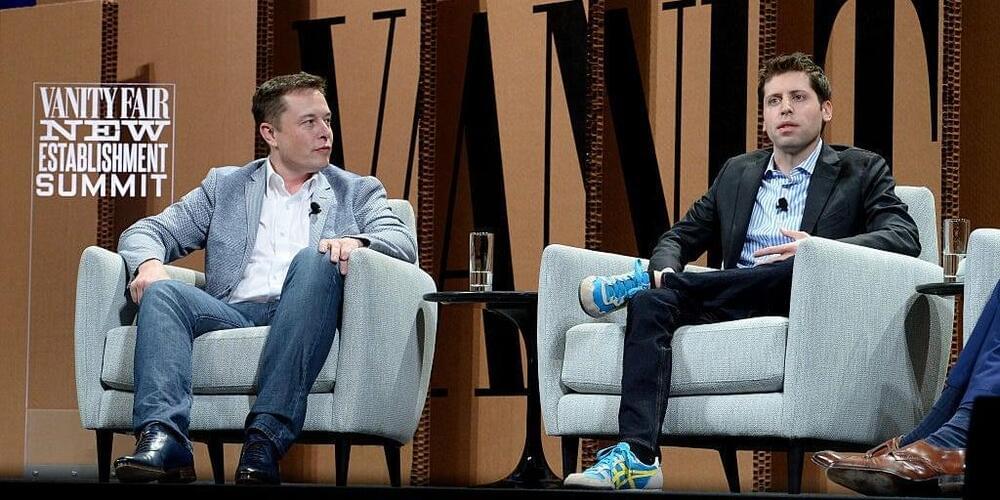


Federal prosecutors are reportedly investigating Sam Bankman-Fried, the founder of bankrupt cryptocurrency exchange FTX.com, for possible market manipulation that led to the Terra-LUNA crash in May, according to the New York Times.
See related article: Could FTX woes bring on another crypto freeze resembling Terra-Luna?
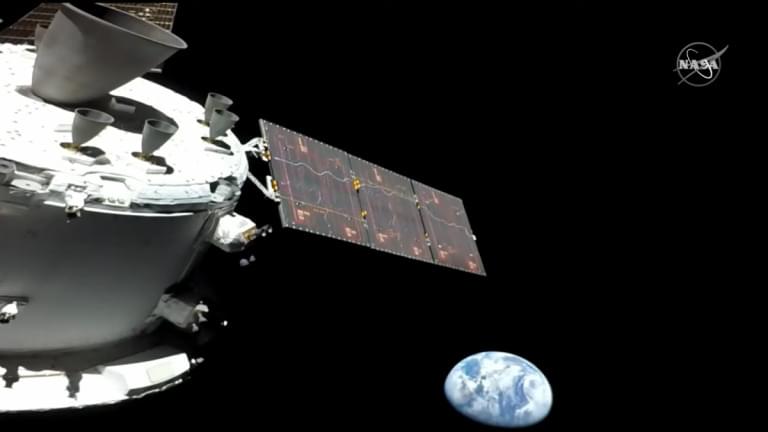
After 25 days in space, is about to conclude its uncrewed test run to the Moon. The mission will draw to a close when the spacecraft splashes down in the Pacific Ocean close to Guadalupe Island, which is 130 nautical miles off the coast of Baja California. Orion is scheduled to hit the water at around 12:40PM ET. NASA’s livestream will start at 11AM and continue after splashdown as a recovery team picks up the capsule. You’ll be able to watch the stream below.
NASA the landing trajectory and splashdown site so as not to pose a threat to people, land or shipping lanes. Just before re-entry, Orion and the European Service Module will separate, with the latter burning up in Earth’s atmosphere.
The crew mobile will carry out a skip entry technique to ensure it accurately arrives at the designated landing site. Orion will edge into the upper part of the atmosphere, then use that and its own lift to “skip” back out before re-entering for the final descent. The atmosphere will reduce Orion’s speed to 325MPH and the 11 parachutes will eventually slow it to a splashdown speed of 20MPH or less.
